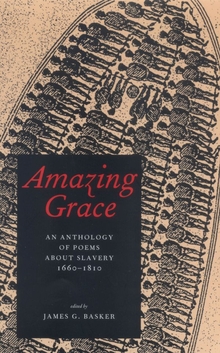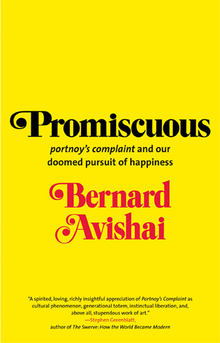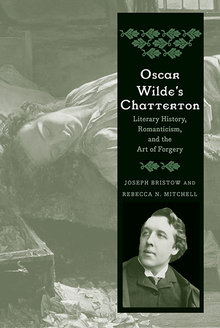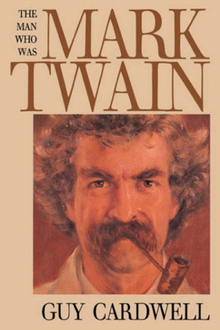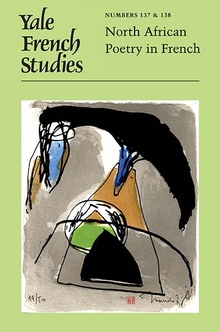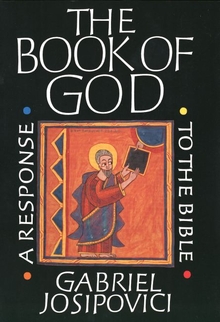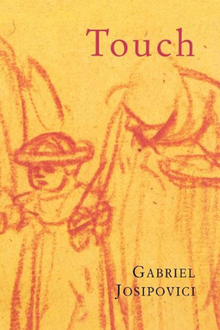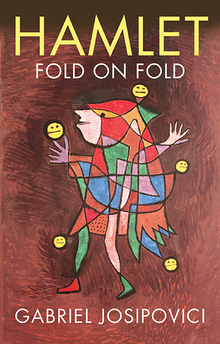What Ever Happened to Modernism?
WARNING
You are viewing an older version of the Yalebooks website. Please visit out new website with more updated information and a better user experience: https://www.yalebooks.com
Gabriel Josipovici
A personal, penetrating, and polemical account of what Modernism is and how contemporary literature has failed it
The quality of today’s literary writing arouses the strongest opinions. For novelist and critic Gabriel Josipovici, the contemporary novel in English is profoundly disappointing—a poor relation of its groundbreaking Modernist forebears. This agile and passionate book asks why.
Modernism, Josipovici suggests, is only superficially a reaction to industrialization or a revolution in diction and form; essentially, it is art coming to consciousness of its own limits and responsibilities. And its origins are to be sought not in 1850 or 1800, but in the early 1500s, with the crisis of society and perception that also led to the rise of Protestantism. With sophistication and persuasiveness, Josipovici charts some of Modernism’s key stages, from Dürer, Rabelais, and Cervantes to the present, bringing together a rich array of artists, musicians, and writers both familiar and unexpected—including Beckett, Borges, Friedrich, Cézanne, Stevens, Robbe-Grillet, Beethoven, and Wordsworth. He concludes with a stinging attack on the current literary scene in Britain and America, which raises questions about not only national taste, but contemporary culture itself.
Gabriel Josipovici has spent a lifetime writing, and writing about other writers. What Ever Happened to Modernism? is a strident call to arms, and a tour de force of literary, artistic, and philosophical explication that will stimulate anyone interested in art in the twentieth century and today.
“[A] small, elegant volume . . . Josipovici offers a refreshing retro-radicalism by rejecting the vetted reading list.”—John L. Murphy, New York Journal of Books
“Gabriel Josipovici’s eloquent defence of Modernism seeks out its roots deep within the spirit of Western Culture.”—Geoffrey Heptonstall, Contemporary Review
“It is personal, engaged, sometimes a bit nuts – Words – worth a proto-modernist? Flaubert, the author of Bouvard et Pecuchet, a realist? – but consistently eye-opening, honest with its terms and, amazingly for a work of literary criticism, hugely quotable and never dull.”—Nicholas Lezard, The Guardian
“Excitingly argued, Josipovici’s ideas have convinced me.”—Colin Waters, The Sunday Herald (Glasgow)
“It is to Josipovici’s argumentative credit that he manages to pit commonplace preconceptions against the subtlety of his own reading, which disrupts generalisation in favour of the close scrutiny of texts and images.”
“While modernism is replete with preconceived valuations and powerfully contested assignations, Josipovici’s modernism is a deeply personal one which eschews much of the institutional politics often associated with contemporary ‘modernist studies’. […] Josipovici makes a resolutely independent contribution.”
—Andrew W. Hay, Essays in Cricism Vol 63, no 3, July 2013
Publication Date: October 25, 2011
6 b/w illus.



